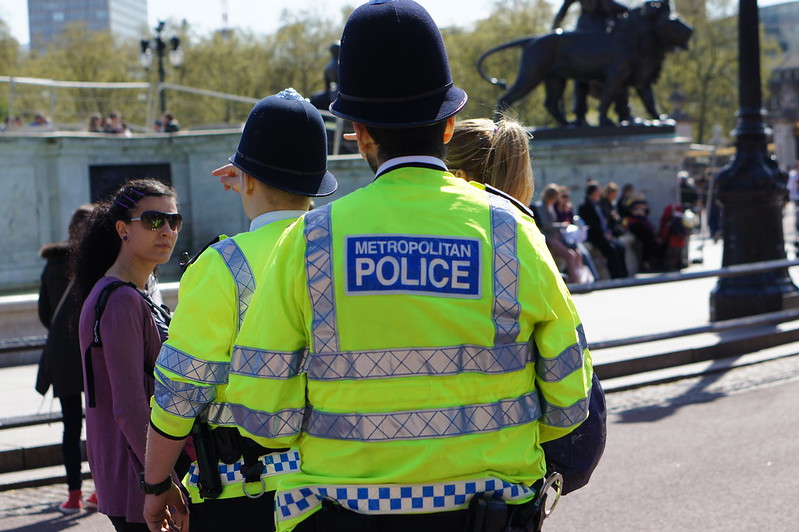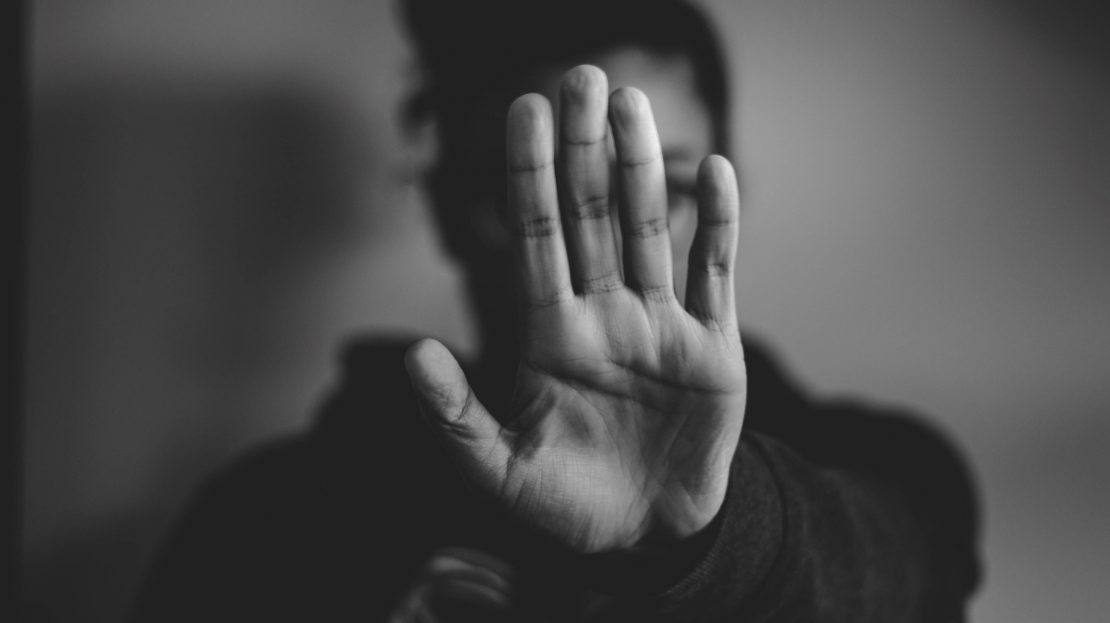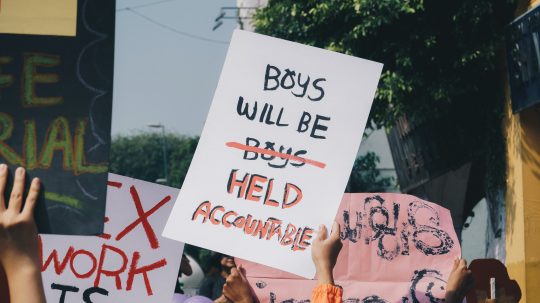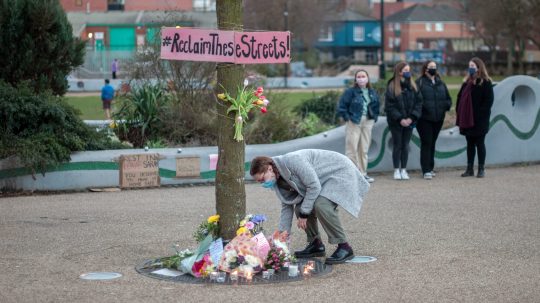Content warning: the following article includes mentions of rape, assault and murder.
Fifteen Metropolitan Police (Met) officers have been convicted of serious offences since the murder of Sarah Everard in 2021 – with the majority committing sex crimes or violence against women. Another 1,071 serving Met police officers and staff are accused of domestic and sexual abuse. Which begs the question: how deep does misogyny go in the Met?
The Met was put under ‘special measures‘ by the government in 2022 following a series of horrendous acts carried out by serving police officers, including the rape and murder of Sarah Everard, the unethical handling of the bodies of Nicole Smallman and Bibaa Henry, the strip search of Child Q, and a series of vile WhatsApp groups which cultivated rape culture. But that was the tip of the iceberg of misogyny in the Met.
In the UK, under the Human Rights Act, everyone has the right to life and the right to not be discriminated against. Authorities including the police have a positive obligation to protect our rights.
More than half of officers remain in their posts
An investigation by the Byline intelligence team has found that more than half of the Met police officers found guilty of sexual misconduct over a four-year period to 2020 remained in their jobs.
Police forces in the UK had received multiple complaints about Carrick across 20 years, with no action being taken. In 2021, he was charged for rape and suspended. He later pleaded guilty to 49 sexual offences including 24 counts of rape,
According to Byline, 89% of sexual offence allegations in the Metropolitan Police were made against male police officers.
Unthinkable misconduct aimed at women
In June 2020, two constables took photos of Nicole Smallman and Bibaa Henry, two murdered sisters, and shared the images on WhatsApp groups. Deniz Jaffer and Jamie Lewis were sent to guard the scene but instead left their posts to take pictures with the women’s bodies.
The constables were members of a WhatsApp group called ‘A Team’, which comprised 41 Met officers. Jaffer was also in a WhatsApp group with nine people who were not in the force.
Shortly after arriving on the scene, Lewis posted to the A Team group an article about the discovery of the bodies, saying he and his colleagues were “living the Wembley dream”. Lewis wrote: “Unfortunately I’m sat next to two dead birds full of stab wounds.” The pair were sentenced to 33 months for misconduct in public office.
Under fire for its selection process
The Met still recruits officers without face-to-face interviews, which was the method of choice following Covid-19 restrictions when interviews took place online. The force has received backlash from the public to bring in person interviews back to test officers on their motives for applying.
Prospective candidates are asked to complete an application through the national online assessment centre, which includes a multiple-choice section. The candidates are then asked to attend an in-person event involving two role plays. They then undergo a medical assessment and a fitness test before the vetting department carries out background checks.
A recruitment consultant told The Times that the issue had been seen as a “numbers game” because of pressure to hire thousands of officers during the government’s drive to improve head counts after austerity cuts.
‘One bad apple’ can no longer be used as a defence
The charity Refuge, which provides specialist support for women and children experiencing domestic violence, has called for change, publishing an open letter and urging the public to sign it. It said: “On Monday, we learned that a serving firearms officer has spent two decades using his status and authority to abuse women. We stand united in our horror that this was allowed to happen, and we call for urgent and radical change.”
The letter calls for the Met police to accept and act on four policies immediately:
- To introduce immediate suspension of police officers or staff with allegations of domestic abuse and VAWG [violence against women and girls].
- To embed a zero-tolerance approach to all incidents of police-perpetrated domestic abuse or VAWG.
- To fast track legislation to improve vetting and disciplinary standards to apply across all police forces.
- To introduce mandatory training on VAWG for all officers, developed in collaboration with the specialist VAWG sector, including how to respond to police perpetrators.
Lord Evans of Weardale, former director general of MI5, who chairs the committee on standards in public life, said there were “major problems” with police culture, with rigid hierarchies that made it harder for officers to speak up and call out wrongdoing.





